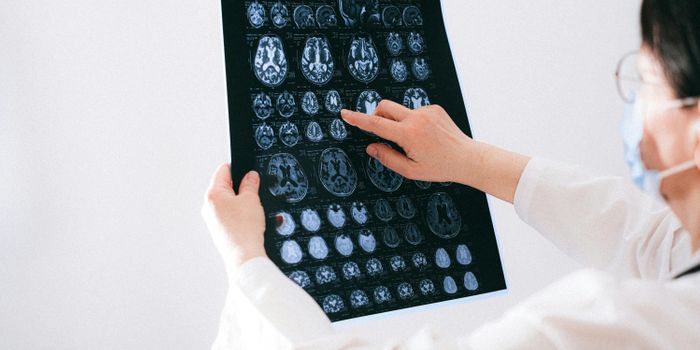Can a Smartphone Diagnose Autism?
“There’s an app for that” is a common saying that shows how far technology has come. No matter what we need to do---avoid a traffic jam, order food, or edit photos--- it seems like it’s possible to just pull out a smartphone and get it done.
Health apps are particularly popular, with fitness trackers, weight-loss tips, and even ways to track blood sugar, chemotherapy side effects, and cardiovascular health. One specialized app claims to be able to screen children for signs of autism. Is it really possible to do this? A study from Duke University researchers says it’s a strong possibility.
First, it’s important to know that Duke Health developed the app and published the study about its effectiveness. It starts by asking for consent from caregivers and parents, who then fill out survey questions on behavior they see that they believe is troubling or questionable. The camera on a smartphone is used to collect videos of children while they watch specific movies that can sometimes produce behaviors unique to autism. The app was first released in 2015 and is available for both iOS and Android phones.
These videos are then sent to Duke Health servers which are set up with coding software and facial recognition algorithms. The software developed by Duke looks at facial expressions and parses these expressions into categories. In one example, there is a video of soap bubbles floating across a screen. Most young children would find that a happy image, or be interested in where the bubbles go. The app reads their expressions and then the data is fed into the algorithms. The software then takes the information provided by parents and caregivers and compares it to the child’s behavior. The results showed that parents who reported a high number of autism-like behaviors also had children who showed little or no joy while looking at videos like the bubbles.
The problem with current methods of autism screening, especially in very young children, is that it normally takes place in a clinical setting such as a therapist’s office or a lab. Children in their natural environments are much more at ease than in a lab or doctor’s office. This kind of evaluation is also not accessible for many families. Another common problem, the “observer effect” which posits that the act of observing something changes the outcome, also impacts results.
The app was downloaded more than 10,000 in one year. There were 1,756 families who participated in the Duke study. Together they completed 5,618 surveys and contributed 4,441 uploaded videos. Of those videos, usable data was extracted from 88% of submissions. Geraldine Dawson, Ph.D., Director of the Duke Center for Autism and Brain Development was the co-leader of the study. She explained, “This demonstrates the feasibility of this approach. Many caregivers were willing to participate, the data were high quality and the video analysis algorithms produced results consistent with the scoring we produce in our autism program here at Duke." Check out the video from Duke about the study, to learn more about how two professors developed a way to help families navigate autism.
Sources: Duke University Autism Speaks Nature Digital Medicine









